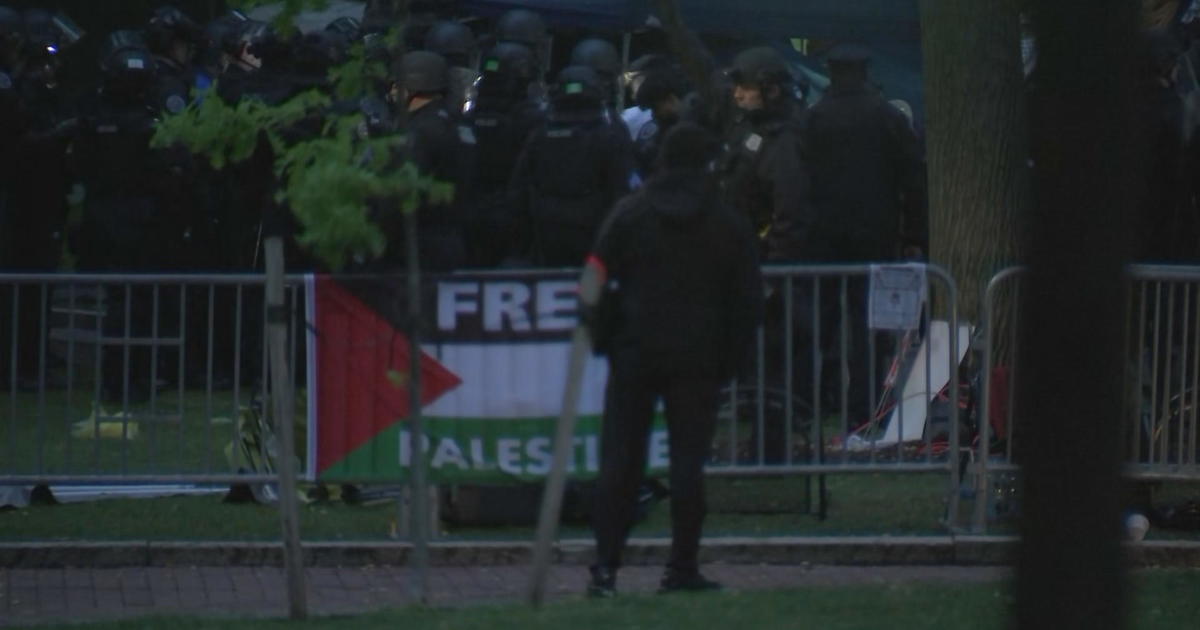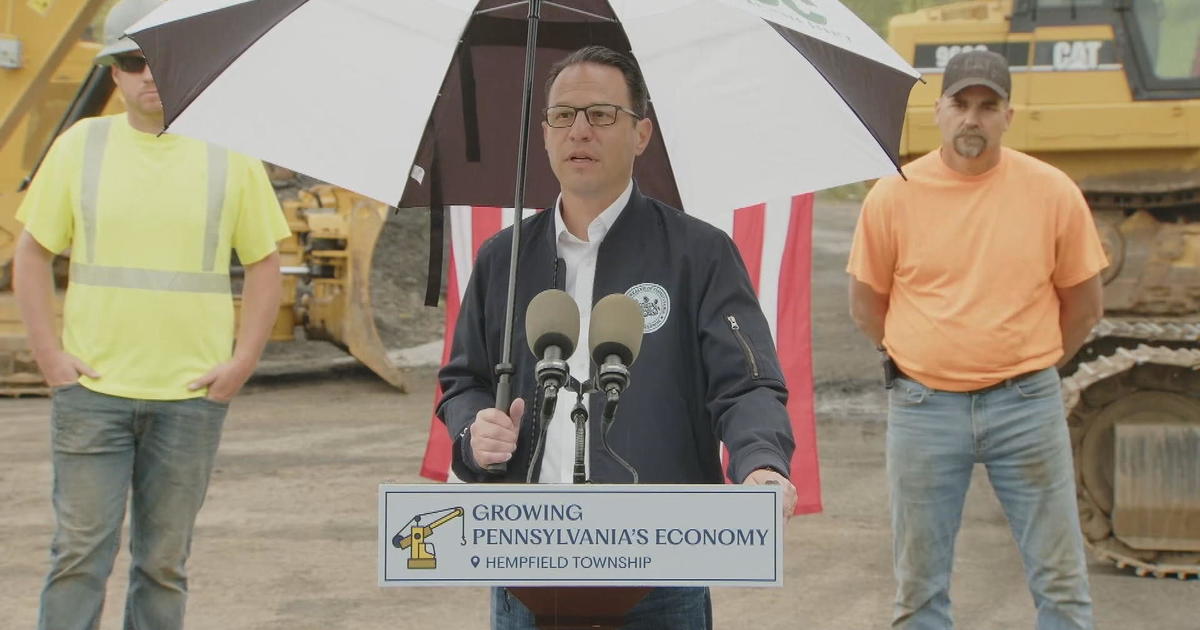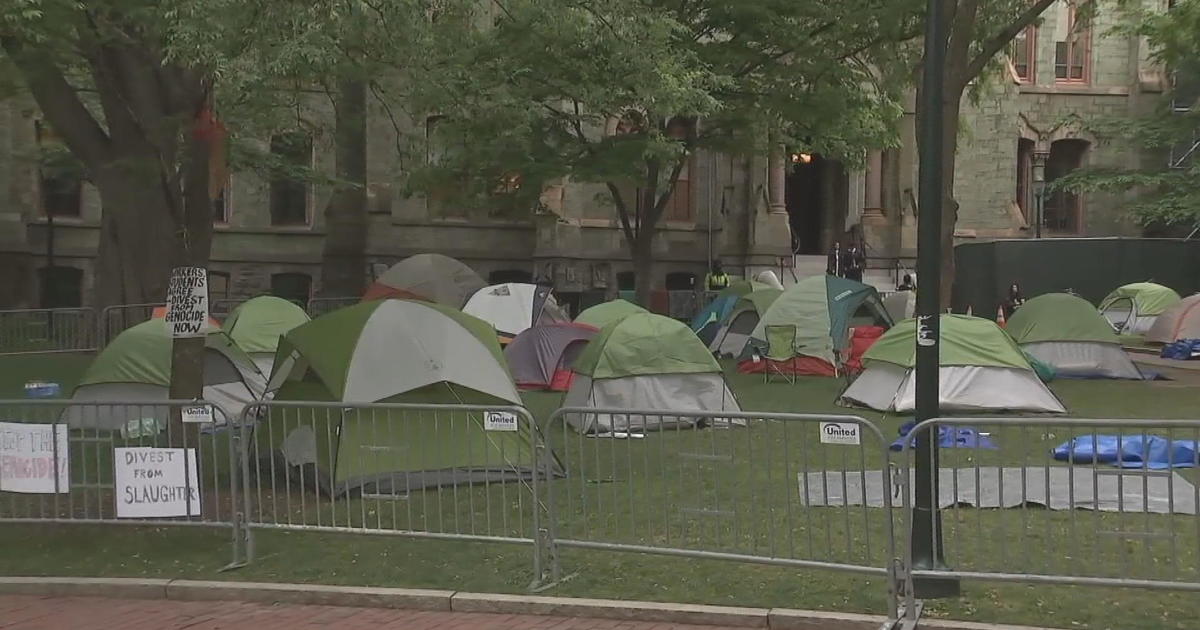Local Legal Experts See Politics At Work In U.S. Supreme Court Arguments On Affordable Care Act Case
By Pat Loeb
WASHINGTON, D.C. (CBS) -- The U.S. Supreme Court heard arguments, this morning, in the case of King v Burwell... a suit that could eliminate tax credits for millions of Americans who depend on them to subisidize health insurance.
The arguments revolved around a single word in the 1,000-page Affordable Care Act: "by," as in tax credits can be applied to plans purchased "in exchanges established *by* the state."
The case was brought by the law's opponents, who argued the wording means the tax credits should be available only to people in the 13 states with their own insurance exchanges, not to the estimated 7 1/2 Million people who bought health insurance in the other 37 states. They use the federal exchange.
The plaintiff's attorney was intensely questioned by Justices Ruth Bader Ginsberg, Elena Kagan and Sonia Sotomayor and, conversely, when the government presented its defense-- that, in many other parts of the law, Congress clearly indicated it intended to give subsidies for plans on the federal exchange-- Justices Antonin Scalia and Samuel Alito scrutinized his arguments.
"The questioning was linked to what looked to be preliminary positions by some of the Justices," says Temple law professor Mark Rahdert, though he adds that Justice Kennedy asked pointed questions of both sides, leaving little clue as to how he will decide.
The arguments lasted a little more than an hour but the decision could have far-reaching consequences.
Penn professor Zeke Emmanuel, who helped write the law and watched the arguments, says a decision for the plaintiffs could devestate the insurance markets in states using the federal exchange.
"Insurance companies are very, very nervous about this because it would destabilize the system," he said.
His colleague in Penn's Law School, Tom Baker, says such a decision would have consequences for the court, too.
"It raises the question of, 'are these just politicians wearing robes?'" he says. "And I think it's that concern that could lead Justice Roberts to do the right thing."
Baker believes there is ample evidence that Congress intended tax credits to apply in all 50 states and if it was a less politically-charged issue, it would not have been litigated.
Rahdert says such wording issues are common and courts typically treat it as a "scrivener's error" that can be corrected based on the context of the bill.
"But given the political tension surrounding the Affordable Care Act and the substantial amount of money involved in the implementation, there are clearly some justices of the Supreme Court who are clearly unwilling to engage in post hoc cleanup," he says.
A decision is expected in June.



